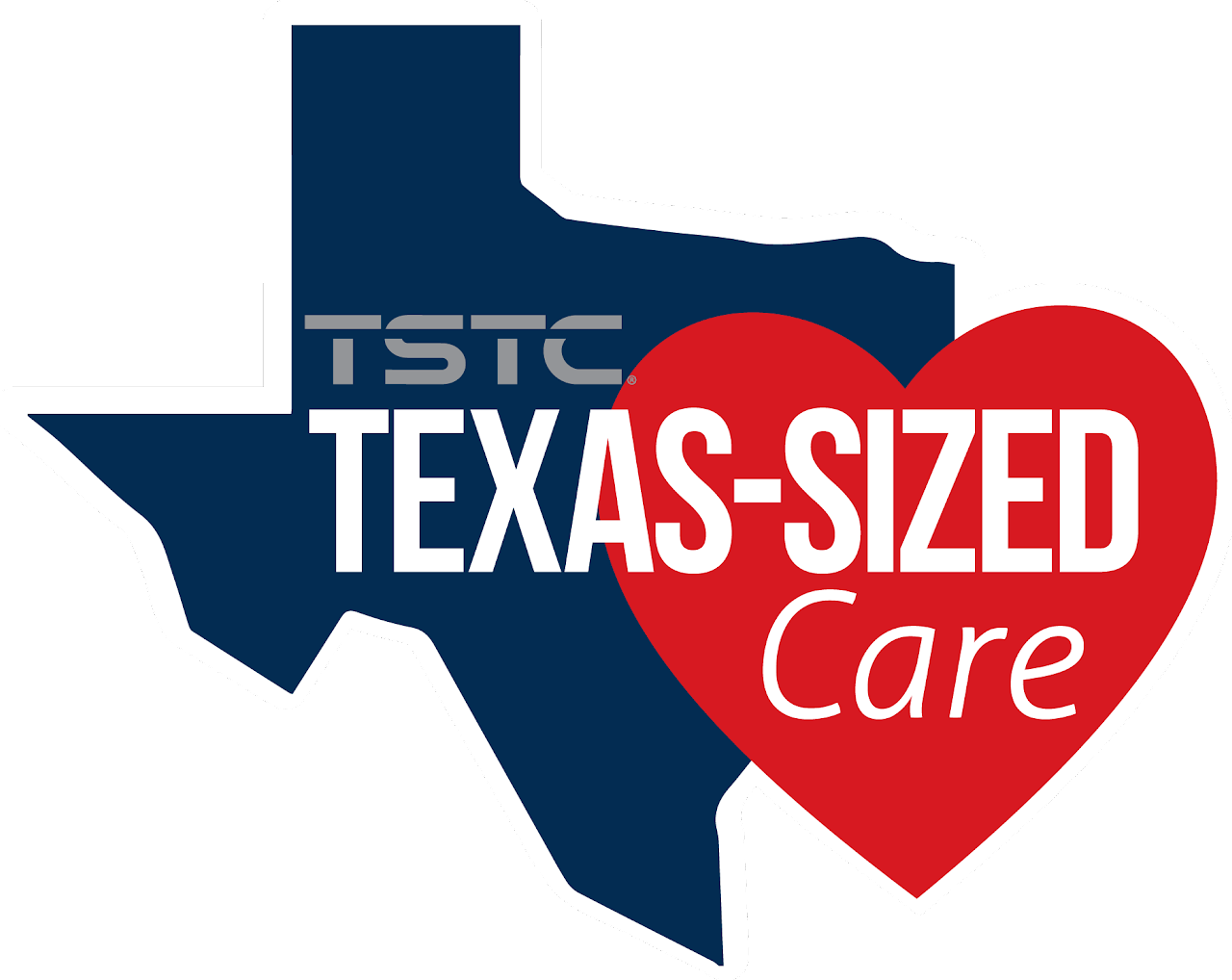Promoting Texas-Sized Care through accountability, clarity, and student support.

Navigate this page: Use the links below to jump to important sections of this page.
Student Conduct Process | Academic Integrity | FAQ’s | Resources | Confidentiality and Mandatory Reporting | Contact Information
Student Development (SD) assists students with conduct processes, academic integrity, grievances & Complaints, and Title IX concerns. We uphold TSTC’s values of fairness, accountability, and educational growth by providing clear guidance, supportive measures, and advocacy. Our focus is helping students learn from challenges, understand their rights, and move forward with success.
Education on the Code of Conduct and guidance through the conduct process with fairness and transparency. TSTC is committed to a drug-free campus environment in accordance with ES 3.08 – Drug-Free Schools, Campuses & Workplace.
Review of plagiarism, cheating, falsification, and other academic honesty concerns.
Formal process for resolving academic and non-academic concerns under college policy, including Compact with Texans customer service complaints.
Response to sex-based discrimination and sexual misconduct; supportive measures such as academic flexibility, housing changes, and No Contact Orders.
SD receives a Maxient report. Reports may come from Campus Police, Residential Life staff, faculty or employees, other students, or the public.
An SD Specialist reviews the report and may contact witnesses or others with information.
A notice is sent to the student’s TSTC myMail account. The student has 3 business days to schedule a meeting. If the student doesn’t respond, a decision may be made without their input.
The student meets with the SD Specialist to share their side. Decisions are based on the preponderance of evidence standard (the “51% rule”).
Outcomes may be educational (reflection activities, workshops, community service) or more serious (loss of privileges, Residential Life removal, suspension, or expulsion).
Students may request a review only for outcomes such as loss of privileges, Residential Life removal, suspension, or expulsion. Other outcomes must be completed as assigned.
The instructor completes an Academic Integrity Discipline Report Form and requests to meet with you.
You meet with your instructor to share your perspective. The instructor explains the proposed academic outcome for the course. You then choose on the form:
If you do not respond or meet within three (3) business days, you waive your right to participate and a decision may be made without your input.
After the conference, the instructor submits the form to Student Development for tracking and review. SD may take further action if needed; cases requiring additional discipline will follow the Student Conduct Process.
TSTC uses the preponderance of evidence standard—whether it is more likely than not that a policy was violated.
Most conduct and academic integrity records are maintained internally by SD and do not appear on your academic transcript. However, outcomes of suspension or expulsion become part of your permanent student record at TSTC and may be reflected on official record requests.
Yes. You may bring a support person; they may not speak for you but can attend to support you.
All official notices are sent to TSTC myMail, and you have three (3) business days to respond. If you do not schedule or attend your meeting, you waive your right to participate and a decision may be made without your input.
You may request a review only when outcomes include loss of privileges, Residential Life removal, suspension, or expulsion. Other outcomes must be completed as assigned. See the Conduct Process section for details.
You can file a grievance using the online form linked in the Quick Links section. This includes academic, non-academic, and Compact with Texans customer service complaints.
Records are confidential and only shared with individuals who have a legitimate educational need-to-know, consistent with federal and state regulations.
If you believe your case involves discrimination or a Title IX matter, you may contact the Title IX Office directly at titleix@tstc.edu or use the Title IX reporting link in the Quick Links section.
Yes. In addition to TSTC’s review process, students may also file complaints with external agencies such as the Texas Higher Education Coordinating Board or the U.S. Department of Education Office for Civil Rights (OCR).
These links point to official TSTC policies. Student Development staff can help you understand how they apply. TSTC completes a biennial review of its drug and alcohol prevention program (available upon request). TSTC also complies with the Clery Act and publishes an Annual Security Report.

Handled with care – SD only shares information with individuals who need to know.
Mandatory reporting – Some employees must report issues under state law and federal regulations (including Title IX).
Confidential resources – Counseling Services are confidential and will not share your information unless there is a safety risk.
Important: Not all staff are confidential resources. For private support, please contact Counseling Services directly.
Nondiscrimination: TSTC does not discriminate on the basis of race, color, national origin, sex, disability, or age in its programs or activities, consistent with Title VI, Title IX, Section 504, and other applicable laws. For Title IX concerns, contact the Title IX Office at titleix@tstc.edu or use the Title IX reporting link in the Quick Links section.
Accessibility: If you need accommodations during any conduct or academic integrity, or Title IX process, please contact the Access and Learning Accommodations Office at 254-867-3600 or adarequest@tstc.edu.
Drug-Free Schools: In accordance with ES 3.08 and the Drug-Free Schools and Communities Act, TSTC maintains a drug-free learning and working environment and conducts a biennial review of its prevention program (available upon request).